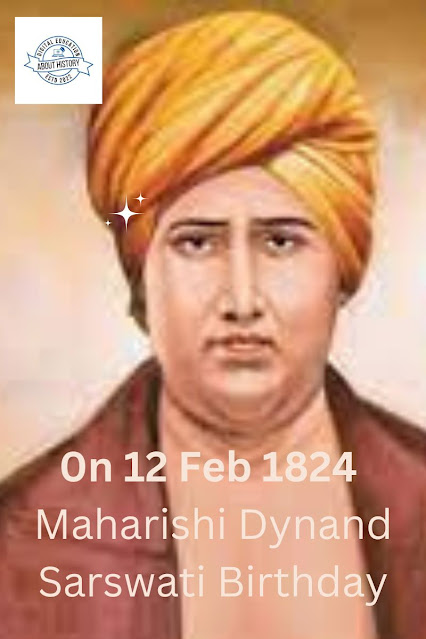WHO removed India from the list of polio-endemic countries

On February 25, 2012, the World Health Organization (WHO) removed India from the list of polio-endemic countries. This was a historic moment for India and the global health community as it marked a major milestone in the fight against polio. Polio is a highly infectious disease that primarily affects young children and can lead to paralysis or death. For decades, India was one of the most affected countries in the world, with thousands of new cases reported every year. However, in 2011, India recorded just one new case of polio, and this marked a turning point in the country's fight against the disease. India's success in eradicating polio was the result of a concerted effort by the government, health workers, and civil society organizations. The government launched the National Polio Surveillance Project in 1997, which focused on improving immunization coverage and surveillance. This program was supported by various international partners, including the WHO, UNICEF, and the B...



